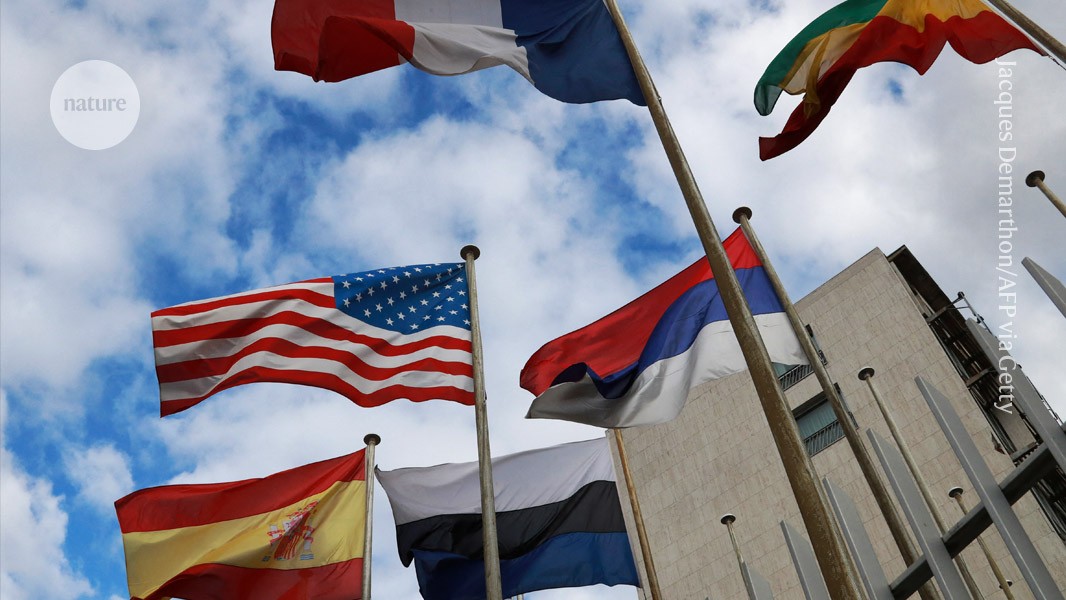The United States is once again withdrawing from the United Nations science and cultural organization UNESCO, ending its short two-year return to the agency. The decision by the US state department, announced on 22 July, will take effect on 31 December 2026.
Researchers say that the US departure from UNESCO is a setback for global cooperation in science and education. The agency, which is headquartered in Paris and has offices in more than 50 countries, supports programmes on biodiversity, girls’ education, closing the gender gap in science and protecting natural heritage. Its work is especially important in low- and middle-income countries, where it also helps to train teachers and rebuild universities in countries experiencing wars, such as Lebanon and Ukraine.
UNESCO also supports open science, and, in 2023, it released global guidelines on the use of generative artificial intelligence (AI) in education and research.
Daniel Wagner, UNESCO chair in learning and literacy at the University of Pennsylvania in Philadelphia, says: “It’s never been wise to pull out of UNESCO, and now is particularly poor timing”.
Biomedical scientist Peter Gluckman, president of the International Science Council, which works closely with UNESCO and is also based in Paris, agrees. At the end of this year, UNESCO’s member states will choose a new director-general to succeed Audrey Azoulay, formerly France’s culture minister. The United States will lose the opportunity to work with the organization’s new leader, says Gluckman.
Barbara Finlayson-Pitts, an atmospheric chemist at the University of California, Irvine, says: “The US will be at a significant disadvantage with this withdrawal.” The move weakens the United States’s position in global discussions about crucial issues such as climate change, she adds.
Wagner adds: “For generational challenges and opportunities such as AI adoption in education or improving literacy in low-income countries — areas in which the US is well-positioned to lead — we are, in effect, cutting off our nose to spite our face.”
Not unexpected
This decision was not a surprise. The White House announced in February that it was reviewing US membership of international agencies — in the case of UNESCO, it cited concerns about the organization’s failure to reform itself and its rhetoric against Israel.
In a 22 July statement, the US administration also added the UN Sustainable Development Goals in its list of criticisms. The statement says: “UNESCO works to advance divisive social and cultural causes and maintains an outsized focus on the UN’s Sustainable Development Goals, a globalist, ideological agenda for international development at odds with our America First foreign policy.”
Azoulay said in a statement that UNESCO was prepared for the US decision. The country last withdrew from UNESCO in 2017, during Trump’s first term, cutting off more than 22% of the agency’s funds. According to UNESCO, the latest withdrawal will not hit as hard as in 2017 because the US contribution now accounts for 8% of UNESCO’s current annual budget of US$900 million.
Azoulay also said that the US’ claims contradict the reality of UNESCO’s efforts as the only UN agency responsible for Holocaust education and the fight against antisemitism. “We will continue to work hand in hand with all of our American partners in the private sector, academia and non-profit organizations,” she added in the statement.


